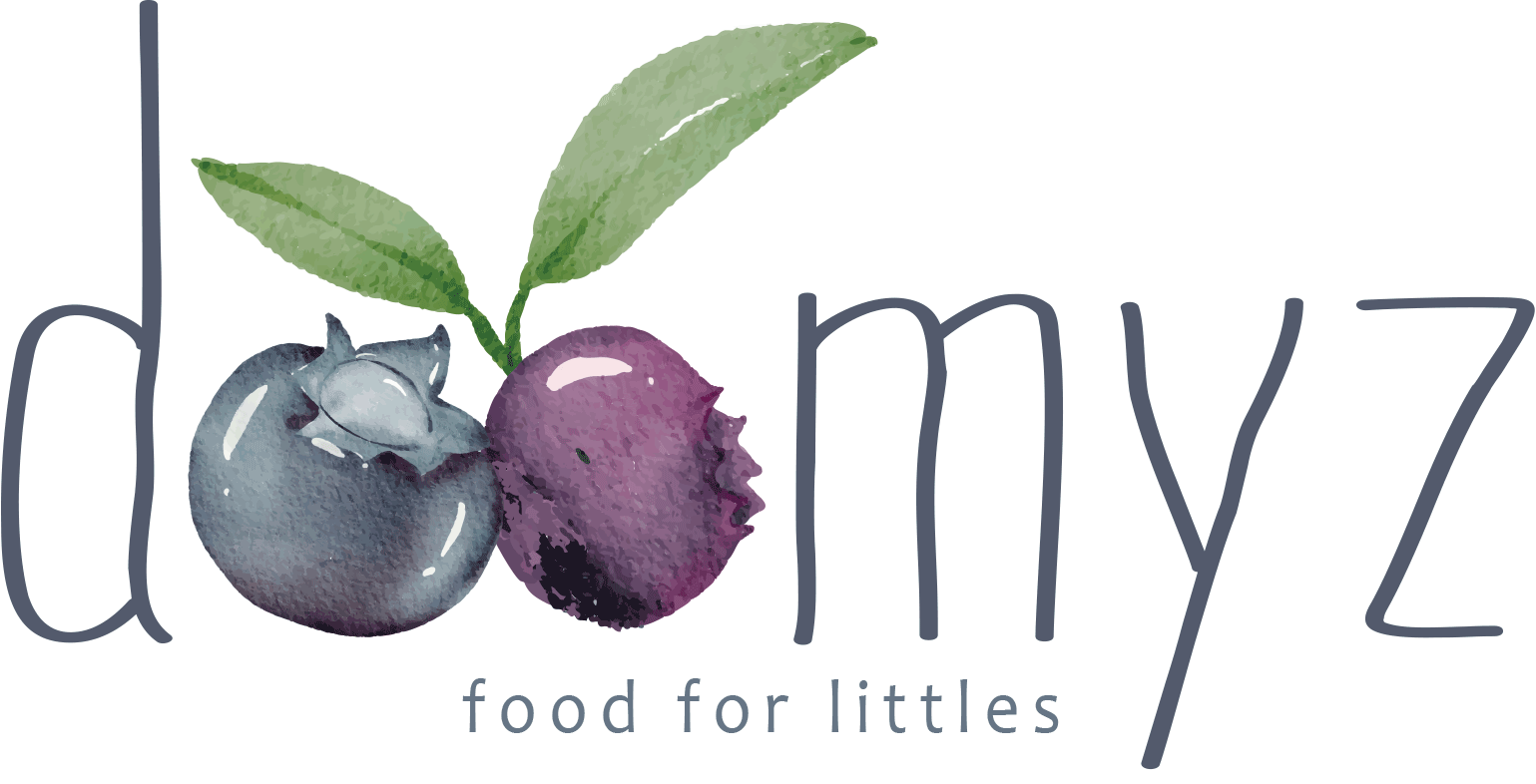No products in the cart.: 0.0JOD
By doomyz
0 Comments
Making homemade baby food can be a fun and rewarding experience, but it can also be overwhelming, especially for first-time parents. With so much information available, it can be easy to make mistakes that can compromise the quality and safety of the food. Here are some common mistakes to avoid when making homemade baby food:
- Not following proper food safety guidelines – It’s important to follow proper food safety guidelines when making baby food to avoid the risk of contamination. This includes washing your hands and equipment thoroughly, using fresh ingredients, and storing the food properly.
- Overcooking or undercooking – Overcooking or undercooking can affect the food’s taste, texture, and nutritional value. Be sure to follow cooking times and temperatures carefully and test the food to ensure it’s cooked properly.
- Adding salt, sugar, or spices – Babies have sensitive taste buds and don’t need added salt, sugar, or spices in their food. These ingredients can also be harmful to their health. Stick to natural flavors and avoid adding seasoning until your baby is at least 8-10 months old.
- Making large batches – While making a large batch of baby food may be tempting to save time, it’s important to remember that homemade baby food has a shorter shelf life than store-bought baby food. Only make enough food for a few days and store it properly.
- Using the wrong equipment – Using the wrong equipment can affect the texture and consistency of the food. Stick to a blender, food processor, or immersion blender to create smooth, creamy purees.
- Not introducing a variety of foods – Early on can help your baby develop a taste for different flavors and textures. Don’t be afraid to try new ingredients and mix and match flavors to create new dishes.
Making homemade baby food can be a fun and rewarding experience, but it’s important to take the necessary precautions to ensure the safety and quality of the food. With these tips, you can create nutritious and delicious meals for your little one.



